Global Modular Home Differences
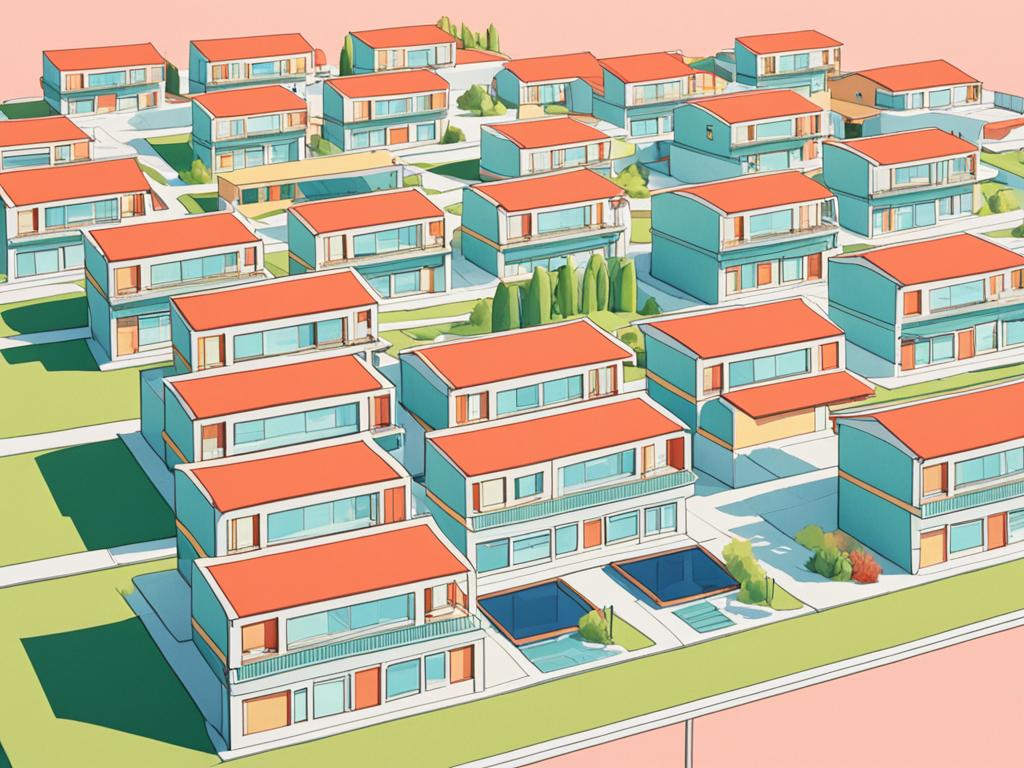
Modular and manufactured homes are both prefabricated structures, but there are key differences between them. Modular homes are built to comply with local building codes and can be financed through traditional mortgages. They are often indistinguishable from traditional stick-built homes. On the other hand, manufactured homes are built to a federal code set by HUD and are typically placed on wheels. They can be moved from one location to another and may have limitations when it comes to financing.
Modular home construction is gaining popularity in the United Kingdom due to its numerous advantages. Unlike traditional homes, modular homes are constructed off-site in factories and then transported to the desired location for assembly. This approach offers several benefits, including faster construction times, tighter quality control, and reduced environmental impact. If you’re considering building a home or investing in prefab housing, it’s essential to understand the differences between modular and manufactured homes.
Key Takeaways:
- Modular homes adhere to local building codes and can be financed through traditional mortgages.
- Manufactured homes are built to federal code and may have limitations in financing options.
- Modular construction provides faster construction times and better quality control.
- Modular homes are more sustainable and eco-friendly compared to site-built homes.
- Modular homes offer design flexibility and customization options.
When choosing a construction method for your new home, consider the benefits and limitations of modular construction. From its compliance with local building codes to the opportunity for customization, modular homes have emerged as a viable and sustainable housing solution. By understanding the differences between modular and manufactured homes, you can make an informed decision that best suits your needs and preferences.
Advantages of Modular Construction
Modular construction offers several advantages over traditional construction methods. It is often faster, with construction time savings of up to 50%. The controlled factory environment allows for tighter quality control and reduces the risk of weather damage. Module home manufacturers utilize off-site construction to ensure precision and efficiency. Factory-built homes are constructed in a climate-controlled environment, using advanced machinery and technologies to maintain consistent quality throughout the process.
One of the key benefits of modular construction is the reduced disruption to surrounding areas. Since the majority of the construction takes place off-site, there is less noise, dust, and traffic compared to traditional on-site construction. This is particularly advantageous in urban areas or when building in residential neighborhoods.
Another advantage of modular construction is its lower environmental impact. Factory-built homes typically generate less waste compared to traditional site-built homes. The precise material usage in off-site construction allows for minimal waste production. Additionally, the manufacturing process often incorporates sustainable practices, such as the use of eco-friendly materials and energy-efficient systems.
Modular construction is an innovative building method that offers speed, precision, and sustainability. By choosing factory-built homes from trusted modular home manufacturers, you can experience faster construction timelines, superior quality control, and reduced environmental impact, all while enjoying a beautiful and customizable home.
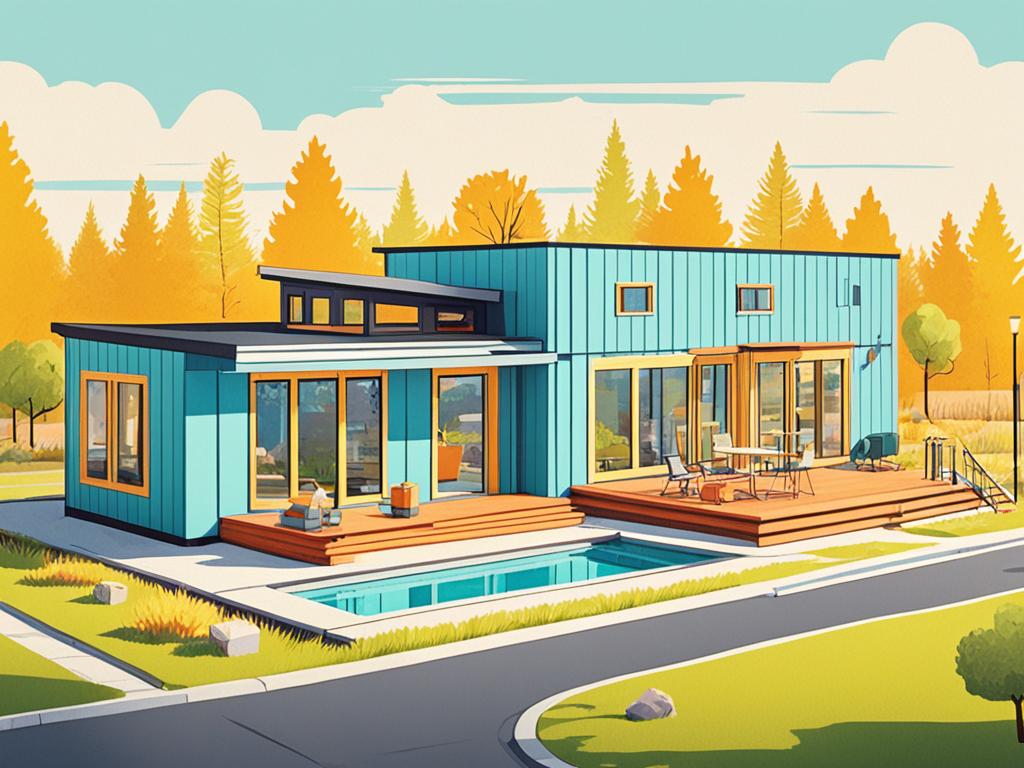
Sustainable Benefits of Modular Construction
Modular construction is considered to be a sustainable and eco-friendly building method. It offers several key benefits that contribute to sustainable housing and the creation of eco-friendly homes.
Reduced Waste:
One of the advantages of modular construction is the ability to minimize waste. The precision in material usage ensures that there is minimal to no excess material left after construction. This efficient approach significantly reduces waste compared to traditional site-built construction methods.
Storage and Reusability:
Unused materials generated during modular construction can be safely stored and utilized for future projects. This practice helps in reducing unnecessary waste and promotes a more sustainable approach to construction.
Fewer Emissions:
Modular construction generates fewer emissions compared to traditional site-built construction. The controlled factory environment helps to reduce the carbon footprint by minimizing the need for on-site deliveries, transportation, and construction-related activities that contribute to air pollution.
Use of Sustainable Materials:
Modular construction incorporates the use of sustainable materials, such as recycled or renewable resources. These materials are carefully selected to ensure their eco-friendly properties without compromising on structural integrity or aesthetics. Incorporating sustainable materials further enhances the overall sustainability of modular homes.
Longevity and Durability:
Modular homes have been designed and constructed to last for decades. Manufacturers claim that the structural integrity and quality of these homes meet or exceed traditional stick-built homes. The longevity of modular homes reduces the need for frequent reconstruction, resulting in fewer resources consumed over time.
Eco-friendly Design Options:
Modular homes offer a range of design options that focus on environmental sustainability. Design features such as energy-efficient appliances, solar panels, and advanced insulation systems can be easily integrated into modular home constructions to maximize energy efficiency and reduce environmental impact.
To further emphasize the sustainable benefits of modular construction, consider the 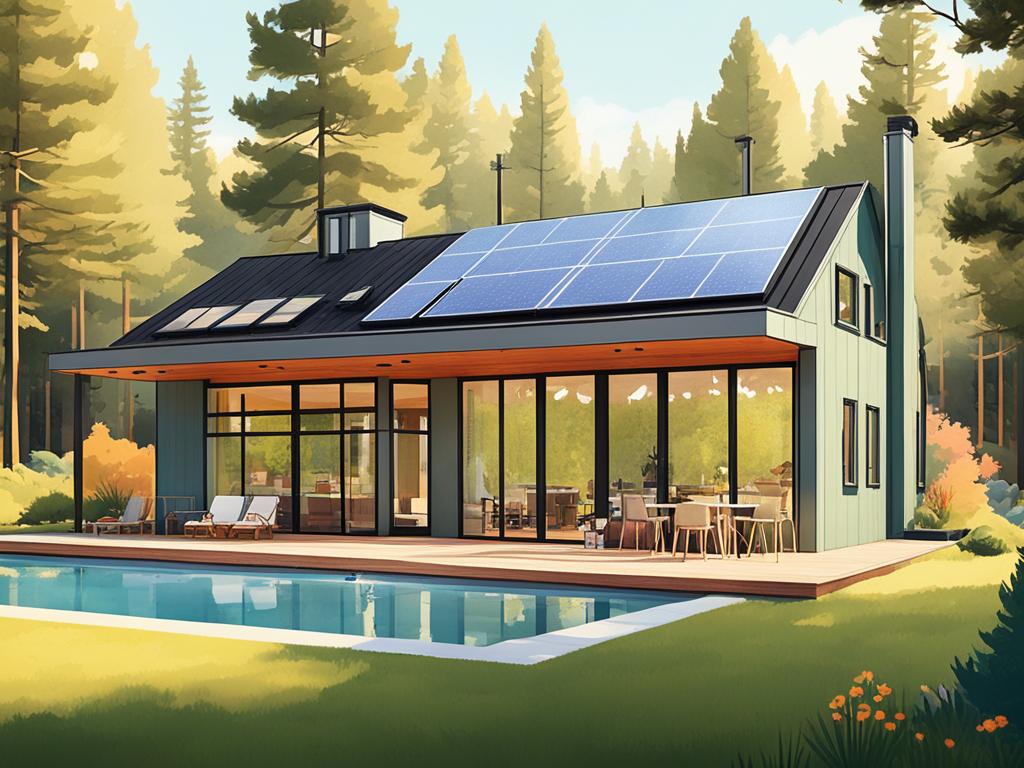 placement of eco-friendly homes in natural environments, demonstrating the harmony between sustainable living and nature.
placement of eco-friendly homes in natural environments, demonstrating the harmony between sustainable living and nature.
Overall, modular construction contributes to a more sustainable and eco-friendly future by reducing waste, emissions, and resource consumption. The longevity of modular homes, combined with the use of sustainable materials, ensures that homeowners can enjoy a comfortable and environmentally conscious living space for years to come.
Design and Customization Options
When it comes to modular homes, the options for design and customization are endless. Whether you have a specific vision in mind or you want to explore different possibilities, modular home designs can be tailored to suit your individual needs and preferences.
One of the advantages of modular construction is the ability to customise various aspects of your home. From the exterior features to the interior layout, you can add personal touches to make your modular home truly unique.
Imagine having an attached garage to conveniently park your car or a welcoming wrap-around porch where you can relax and enjoy the outdoors. These custom features can be easily incorporated into the design of your modular home.
Moreover, modular homes offer a wide range of floor plans to choose from. Whether you’re looking for an open-concept layout or separate rooms for each family member, there’s a floor plan that can accommodate your needs.
While there may be some limitations in terms of room sizes and ceiling heights, modular homes provide enough flexibility to create a space that maximises comfort and functionality.
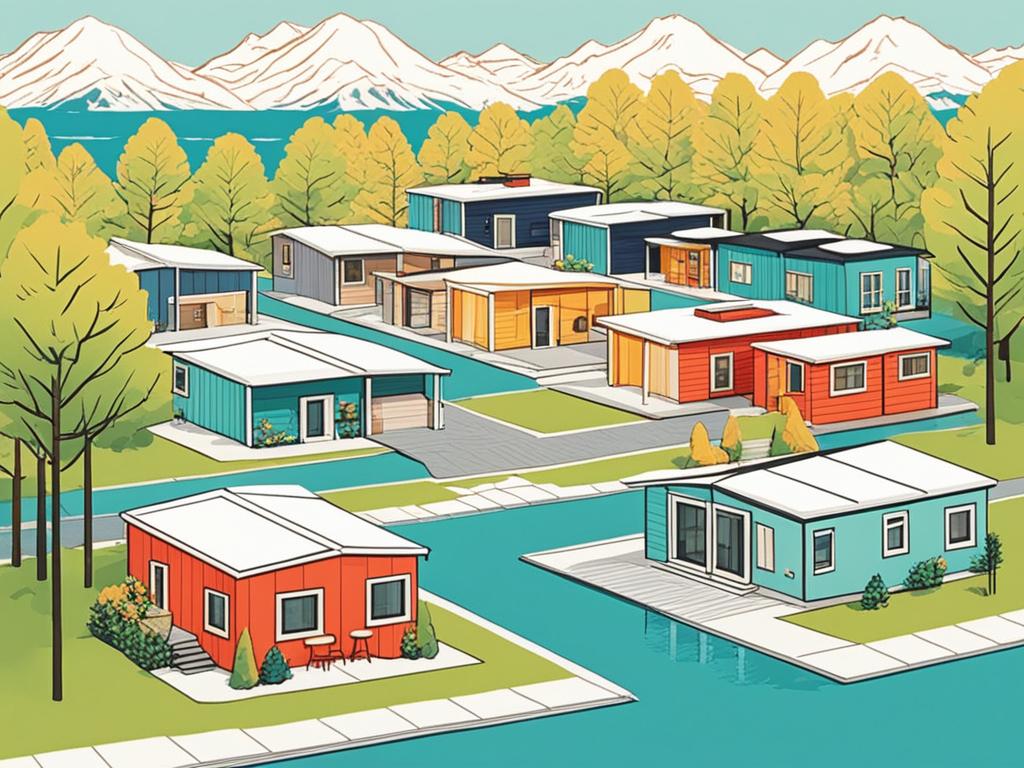
With modular construction, you have the opportunity to create a home that reflects your style and meets your unique requirements. So why settle for a cookie-cutter home when you can customise and maximise every aspect of your modular home design?
Financing Considerations for Modular Homes
When considering purchasing a modular home, it’s important to understand the financing options available to you. Fortunately, many banks and mortgage lenders offer financing options similar to traditional homes, making it easier to secure funding for your dream home.
Modular homes are treated as real estate, which means they can be financed through regular mortgages. This is a significant advantage as it allows you to take advantage of favorable interest rates and terms offered by mortgage lenders. You can work with your preferred lender or shop around to find the best mortgage rates and loan terms that suit your financial situation.
However, it’s important to note that there may be more complex financing considerations for manufactured homes. Manufactured homes, which are built to a federal code set by HUD and often placed on wheels, may be considered personal property rather than real property. This distinction can impact the ease of financing and the loan options available to you.
When financing a manufactured home, you may need to explore different loan options to find the most suitable one. Conventional loans, FHA loans, and VA loans are some of the financing options you can consider. Each loan type has its specific requirements and benefits, so it’s essential to research and understand how they apply to your situation.
Before applying for financing, it’s important to ensure that the modular home you are interested in complies with the HUD code. This code sets the standards for the design, construction, and safety of manufactured homes. Compliance with the HUD code can affect the types of loans available to you as well as the loan terms and conditions.
Overall, while financing a modular home is generally straightforward, it’s crucial to evaluate your options carefully. Consider speaking with mortgage lenders who specialize in financing modular homes to get a better understanding of the loan options available to you. By doing your due diligence and exploring different financing avenues, you can make an informed decision and secure the financing you need to turn your modular home dream into a reality.

Conclusion
Global modular homes offer a cost-effective and sustainable alternative to traditional site-built homes. With modular construction, you can enjoy numerous advantages such as faster construction times, reduced waste, and lower emissions. The ability to customize designs and secure financing options make modular homes increasingly popular in the housing market.
Whether you’re looking for a sustainable and eco-friendly home or a quicker and more efficient building process, modular construction offers a compelling solution. The precise material usage and controlled factory environment of modular construction result in less waste and tighter quality control, while the reduced site deliveries contribute to a smaller carbon footprint.
Embrace the benefits of modular construction and create your dream home. From stylish designs to environmental sustainability, modular homes are revolutionizing the way we build. Choose modular construction for your next home or construction project and experience the future of housing.
FAQ
What is the difference between modular homes and manufactured homes?
Modular homes are built to comply with local building codes and can be financed through traditional mortgages. They are often indistinguishable from traditional stick-built homes. Manufactured homes, on the other hand, are built to a federal code set by HUD and are typically placed on wheels. They can be moved from one location to another and may have limitations when it comes to financing.
What are the advantages of modular construction?
Modular construction offers several advantages over traditional construction methods. It is often faster, with construction time savings of up to 50%. The controlled factory environment allows for tighter quality control and reduces the risk of weather damage. Modular construction also causes less disruption to surrounding areas and can have a lower environmental impact.
Is modular construction considered sustainable?
Yes, modular construction is considered to be a sustainable and eco-friendly building method. It reduces waste by allowing for precise material usage and the ability to store unused materials for future projects. Modular construction also generates fewer emissions compared to traditional site-built construction, thanks to reduced site deliveries and the use of sustainable materials. The longevity of modular homes is another sustainability benefit, with manufacturers claiming they can last for decades.
Can modular homes be customized?
Yes, modular homes come in a variety of designs and can be customized to fit individual needs. They can have features such as attached garages, wrap-around porches, and a wide range of floor plans. While there may be some limitations in terms of room sizes and ceiling heights, modular homes offer flexibility and the ability to create unique designs.
Are financing options available for modular homes?
Yes, financing options are available for modular homes. Many banks and mortgage lenders offer financing options similar to traditional homes. Modular homes are treated as real estate and can be financed through regular mortgages. However, financing for manufactured homes can be more complex, as they may be considered personal property rather than real property. It’s important to explore different loan options, such as conventional, FHA, or VA loans, depending on the type of home and its compliance with HUD code.


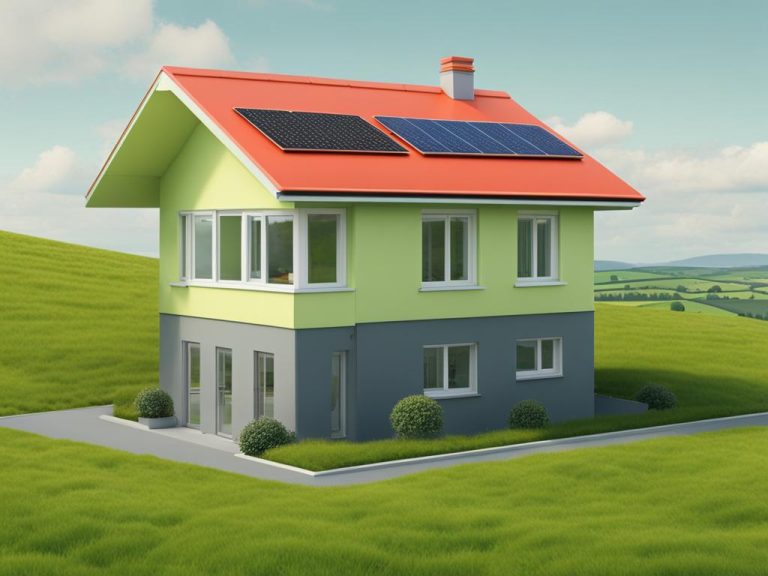
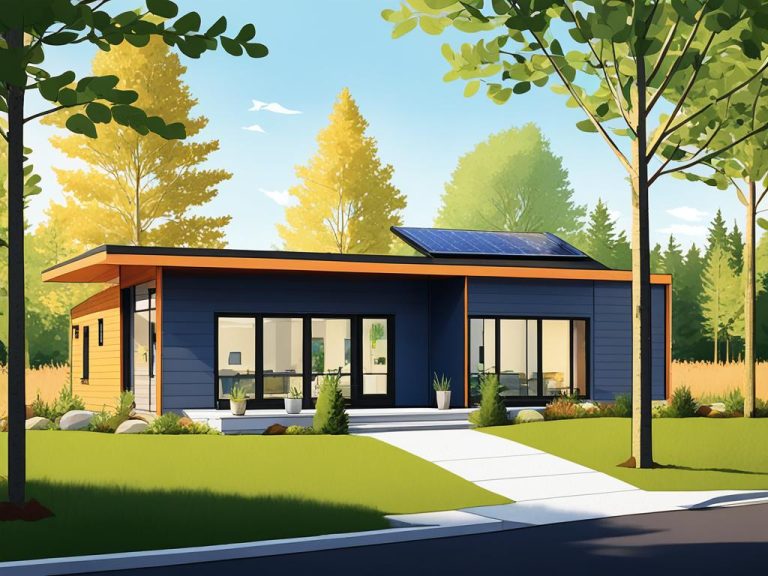
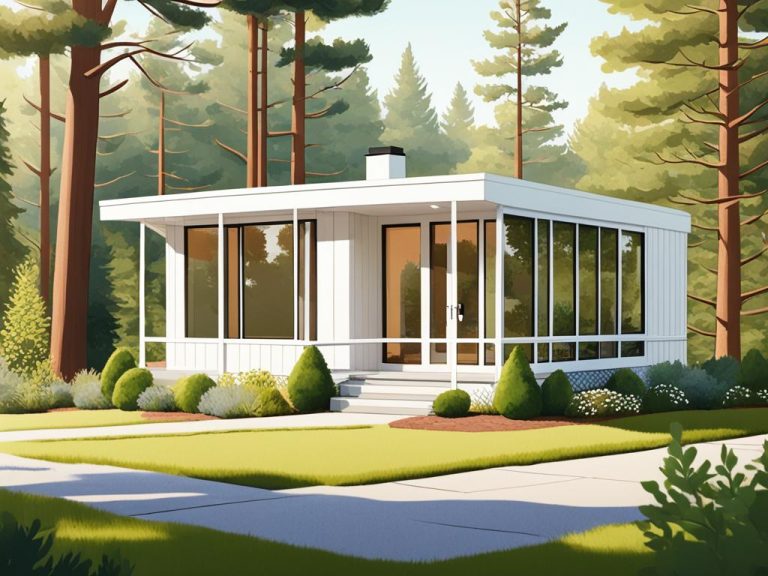

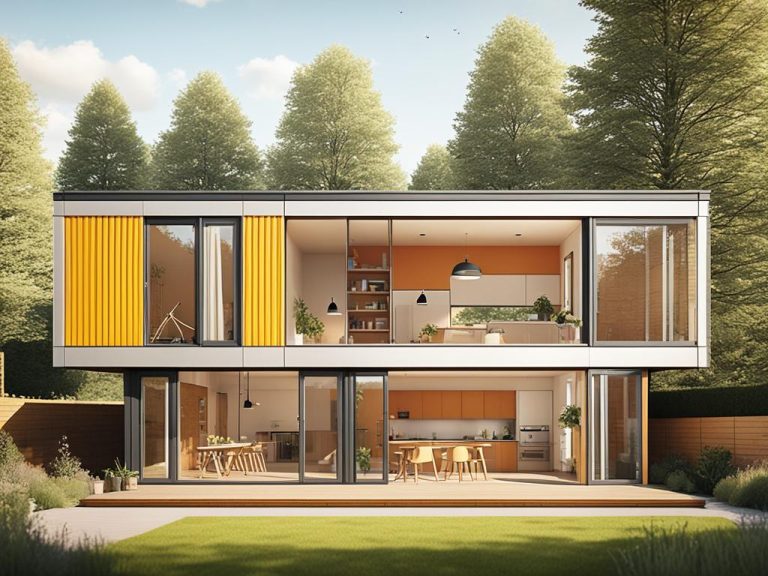
продать аккаунт аккаунт для рекламы
аккаунт для рекламы https://marketplace-akkauntov-top.ru
маркетплейс аккаунтов соцсетей площадка для продажи аккаунтов
магазин аккаунтов социальных сетей https://ploshadka-prodazha-akkauntov.ru/
перепродажа аккаунтов платформа для покупки аккаунтов
площадка для продажи аккаунтов магазин аккаунтов
маркетплейс для реселлеров платформа для покупки аккаунтов
Account Selling Platform Secure Account Purchasing Platform
Gaming account marketplace Buy Account
Account Selling Service Buy Pre-made Account
Account Sale Sell accounts
Database of Accounts for Sale Sell Pre-made Account
Website for Selling Accounts Social media account marketplace
Account Purchase Account Catalog
Sell accounts Account Buying Service
Sell Pre-made Account Account Buying Platform
Social media account marketplace Account trading platform
account buying service buy accounts
secure account purchasing platform find accounts for sale
database of accounts for sale account selling service
buy and sell accounts verified accounts for sale
account store sell account
find accounts for sale account trading service
marketplace for ready-made accounts account marketplace
account sale accounts market
accounts marketplace account trading platform
accounts market https://accounts-marketplace.org
account exchange sell account
account marketplace website for buying accounts
verified accounts for sale accounts marketplace
account exchange service marketplace for ready-made accounts
accounts marketplace https://accounts-for-sale.org/
ready-made accounts for sale online account store
find accounts for sale account market
account buying platform marketplace for ready-made accounts
account market accounts market
marketplace for ready-made accounts buy accounts
secure account purchasing platform marketplace-social-accounts.org
database of accounts for sale buy accounts
profitable account sales sale-social-accounts.org
sell pre-made account account exchange
account selling platform secure account purchasing platform
account market website for buying accounts
profitable account sales account purchase
account selling platform buy accounts